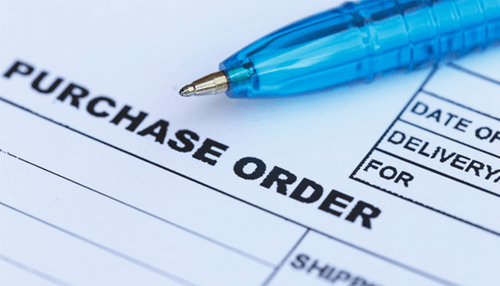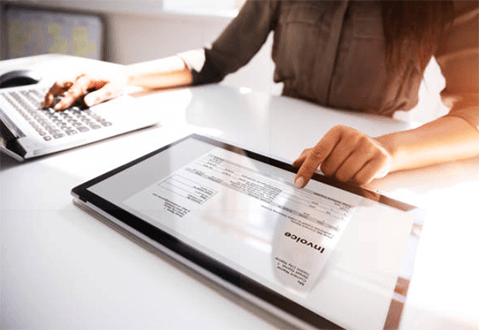When you’re operating a business, nothing is more important than your business finances. The number one reason why small businesses fail is due to the financial hurdles they encounter. An important part of financial management is knowing the difference between a purchase order and invoice factoring.
Knowing the difference between these two types of business finances is vital. It will provide your business with the financial assistance that it needs in order to continue growing. The good news is that you’ve come to the right place to learn more about financial help and small business loans.
Continue reading to learn more about purchase order financing and invoice factoring.
Purchase Order Financing
Purchase order financing is a great form of financial management for businesses. Especially ones that need funding for either many or single customer purchases. Purchase order financing is a transaction rather than a type of small business loans.
Purchase order financing involves a company paying a supplier for the goods that they need in order to fulfill an order of one of their clients. The company receives a cash advance from the purchasing company that covers some or all of the goods needed for the job.
From there, the financing company collects the purchase order invoice from the final customer. The company that finances the transaction takes its fees out of the collected invoice. Meanwhile, the remaining amount returns to the company.
There are a few things that are needed in order to qualify for this type of purchase. Your business needs a creditworthy supplier as well as a creditworthy customer. Your gross margins also need to be above 30 percent. It also needs to be a business-to-business transaction selling tangible goods.
Invoice Factoring
Invoice factoring involves selling your outstanding invoices. These invoices are sold to a factoring company. The factoring company then gives you up to 96 percent of what you owe on those invoices within 24 hours. The company collects the amount on the invoice and then deducts fees from the invoice as their payment for their financial help.
The benefit of using invoice factoring is that the company doing the factoring takes on 100 percent of the risk. It ends up providing your business with complete credit insurance.
This allows small businesses to offer 30-day and 90-day financing options to their customers. Companies that use invoice factoring as their method of purchasing goods and allow for faster payment are best.
This is especially effective for small businesses that are growing fast. Their outgoing sales tend to be greater than their incoming revenue which leads to a negative cash flow. Invoice factoring helps provide financial stability when that occurs.
Help Your Business Finances Today
Choosing to use a purchase order financing method or an invoice factoring method is vital to the success of your business. Both provide great financial management when growing your business. It is up to you to determine which method best suits your business model.
Invoice factoring is a better fit for companies that are growing too fast for their outgoing sales. Purchase order financing is a great choice for businesses that need supplies to complete a job. This is true if they require financing for a business-to-business purchase.
For more helpful articles on a variety of topics, be sure to look over more of our website today!



